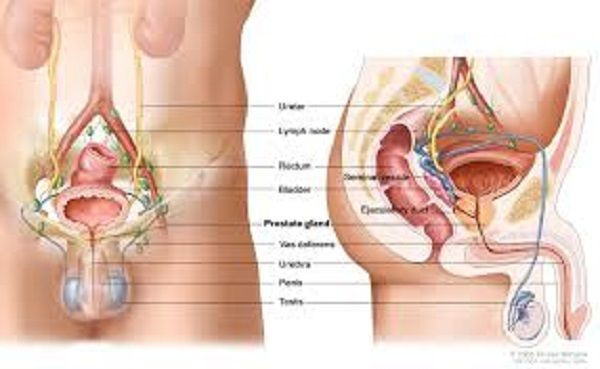New study confirms link of frequent orgasms to lower prostate cancer risk

There is one more study that supports frequent orgasms for men to avoid prostate cancer. Men over 40 were recommended to have daily ejaculation by a Harvard Medical School study in May 2015, while a similar recommendation was made in September 2015 by natural health researcher Warren Matthews.
On Monday, the American Council on Science and Health released a new study, published by European Urology, that there is an inverse relationship between frequency of ejaculation and risk of prostate cancer. The basis of the finding were data from almost 32,000 men who took part in the Health Professionals Follow-up Study from 1992 through 2010.
During the 18-year period, the men were asked about the frequency of their ejaculations. The researchers then used a Cox model to calculate the hazard ratios after 3,839 respondents were diagnosed with prostate cancer.
The study covered three time points to find the average monthly ejaculation frequency. These were when the men were ages 20-29, 40-49 and one year before the questionnaire was distributed. Men who ejaculated 21 more times a month in the 20-29 age group had a 19 percent lower risk, while those in the 40-49 age group had a 22 percent decreased risk of prostate cancer.
Authors explain the lower risk to the “prostate stagnation hypothesis” that the possible cancer-causing secretion, if not expelled, could cause the rise of cancer. But they stress that association does not imply causation. “It cannot be concluded with certainty that frequent ejaculation indeed results in fewer cases of prostate cancer,” the authors write.
However, they conclude “These findings provide additional evidence of a beneficial role of more frequent ejaculation throughout adult life in the etiology of PCa, particularly for low-risk disease.”
But they stress that safe sexual activity could be good for prostate health. The study only implies men would be less embarrassed if they take matters “into their own hands” when it comes to their prostate health.
The study, though, may not be seen positively by some religions which frown on masturbation, one way of achieving ejaculation for men with no sexual partners.





















